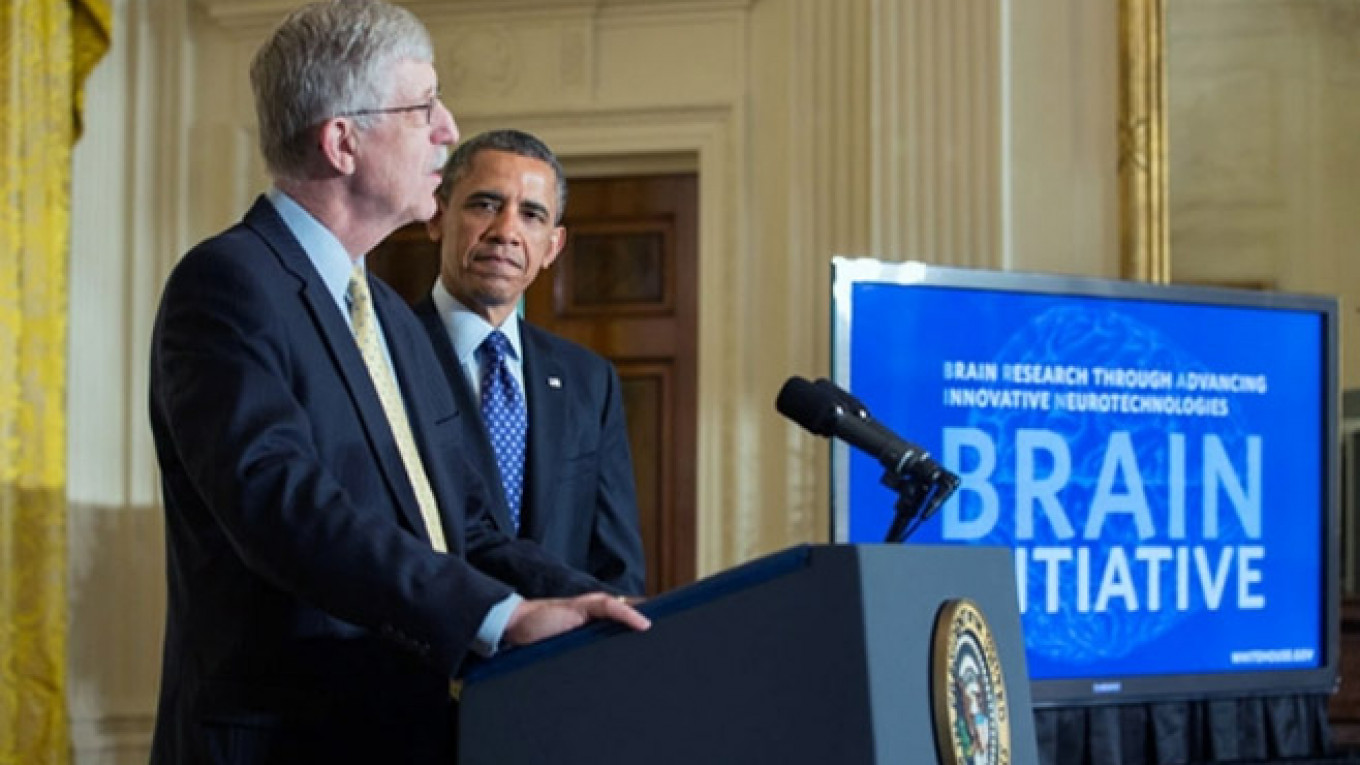Contrary to common perception, mental illness is a problem that is neither new nor unique to the developed world.
What is new, and encouraging, is the heightened attention now being given to the problem. A study by the World Economic Forum and Harvard School of Public Health projected that the global economic costs of mental illness over the next two decades would exceed the costs of cancer, diabetes and respiratory ailments combined.
With the stakes so high, the human and economic case for leaders to take mental health seriously is clearly compelling.
Mental illnesses can often lead to other health problems. Brain disorders like depression and schizophrenia greatly increase the risk of developing chronic ailments, such as cardiovascular and respiratory diseases.
People with mental illnesses and substance abuse issues are at increased risk of infectious diseases like HIV/AIDS.
Furthermore, mental disorders have a profound impact on the outcome of other illnesses. After a heart attack, for example, the prognosis depends on the presence or absence of depression more than on virtually any measure of cardiac function.
That is why health care policymakers should embrace a simple adage: "No health without mental health."
Indeed, mental illnesses can be as fatal as physical ones. Suicide causes more deaths than homicide. Around 7 percent of people with major depressive disorders will take their own lives.
Globally, more than 800,000 people kill themselves every year. Tackling the problem will require innovative approaches. It is not enough simply to make treatment available.
People with psychotic disorders may deny that they are ill, and those suffering from depression may be too consumed by self-loathing to feel worthy of help. Even in the developed world, it is estimated that only about half of all people suffering from depression are diagnosed and treated.
According to the World Health Organization, in developing countries, 76-85 percent of people with severe mental disorders are not treated. We need sensitive ways to identify those at risk.
Not everybody with a mental illness needs expensive drugs, hospital care or even direct access to highly trained psychiatrists.
In low-resource environments, local residents or family members can be trained to provide brief, effective psychotherapies that treat moderate forms of depression or anxiety. Phone- or Internet-based therapy can be used as well.
That said, it should be acknowledged that treatments for mental illness remain far from infallible. Of those who get help, only about half receive the right treatment, and about half of those receiving treatment regress.
The only way to improve these percentages is to deepen our understanding of normal and abnormal brain functioning.
We need research to develop better treatments for brain disorders in general, and for mental illnesses in particular.
Fortunately, some important initiatives launched in the last year are moving us in the right direction.
In April, the United States National Institutes of Health introduced the Brain Research through Advancing Innovative Neurotechnologies initiative, joining similar efforts in the European Union, Israel, Japan, China, Australia, and Canada.
Breakthroughs in biomedical research offer hope that cures for brain disorders will be found. By broadening access to existing treatments and investing in research to develop new therapies, we can aspire to eliminate one of the oldest and most widespread causes of human misery.
Thomas Insel is director of the United States National Institute of Mental Health. © Project Syndicate, 2015.
A Message from The Moscow Times:
Dear readers,
We are facing unprecedented challenges. Russia's Prosecutor General's Office has designated The Moscow Times as an "undesirable" organization, criminalizing our work and putting our staff at risk of prosecution. This follows our earlier unjust labeling as a "foreign agent."
These actions are direct attempts to silence independent journalism in Russia. The authorities claim our work "discredits the decisions of the Russian leadership." We see things differently: we strive to provide accurate, unbiased reporting on Russia.
We, the journalists of The Moscow Times, refuse to be silenced. But to continue our work, we need your help.
Your support, no matter how small, makes a world of difference. If you can, please support us monthly starting from just $2. It's quick to set up, and every contribution makes a significant impact.
By supporting The Moscow Times, you're defending open, independent journalism in the face of repression. Thank you for standing with us.
Remind me later.






